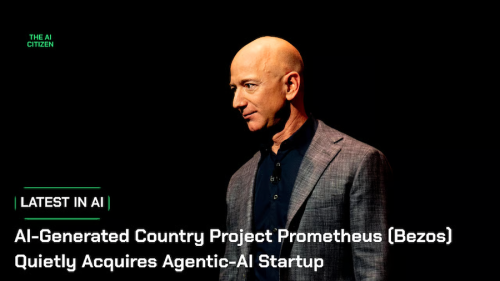The AI professors, supposedly. But a recently released study by University of Rochester researchers found that an exodus of AI professors from North American universities to the private sector has hurt the post-college prospects of students. In time, this academic attrition could hinder innovation and economic growth. “The knowledge transfer is lost, and because of that, so is innovation,” said Professor Michael Gofman, one of the authors of the study.
AI faculty departures to the industry have increased exponentially since 2009. To attract them, the industry offers millions of dollars. This corporate poaching has raised public concerns. “That raises significant issues for universities and governments. They also need AI expertise, both to teach the next generation of researchers and to put these technologies into practice… But they could never match the salaries being paid in the private sector.” said Professor Yoshua Bengio of the University of Montreal, one of the 2018 Turing Award winners. Professor Ariel Procaccia of Carnergie Mellon University, added “If industry keeps hiring the cutting-edge scholars, who will train the next generation of innovators in artificial intelligence?”
Tech companies disagree with the notion that they hurt academia. “We’ve given over $250 million to academic research since 2005, and every year we host over 30 visiting faculty, dozens of Ph.D. students and thousands of interns,” said a Google spokesman, Jason Freidenfelds. He said many professors went to work at Google and returned to their university positions.
Experts are split, but many call for increased university funding to ensure that the next generation is properly educated. A recent technology article on NY Times offers more details and thoughts on this future impacting matter.









